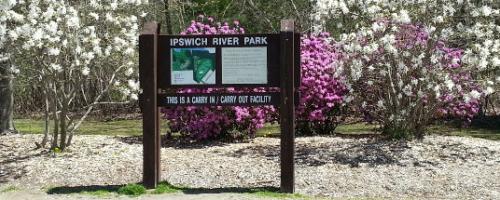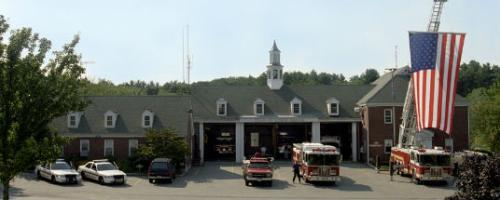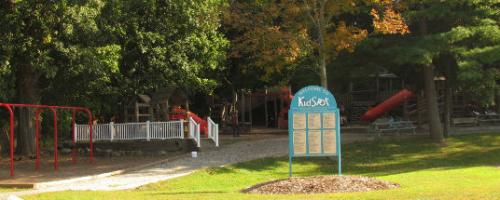February 25, 2020 Update on North Reading Drinking Water
February 25, 2020 Update on North Reading Drinking Water
Update regarding PFAS
On Friday, February 21, 2020, the North Reading Department of Public Works received results from the most recent round of PFAS testing conducted in January. While all locations came back below the proposed Massachusetts Department of Environmental Protection levels of 20 parts per trillion (ppt), the January West Village / Railroad Bed water treatment plant (WTP) level of 18 ppt when averaged with the November level of 22.6 ppt continues to exceed the MassDEP proposed standard for PFAS. Detailed results are available by clicking here.
Town officials will be consulting with MassDEP in the coming days to determine the most prudent path forward. In the interim, the Lakeside and West Village water treatment plants remain offline for seasonal maintenance and all of the Town’s water is coming from the Town of Andover, for which the most recent PFAS levels were 4.4 ppt at Central Street and 5.8 ppt at Main Street. Additionally, Town officials have been designing and planning for temporary improvements to the existing water interconnections with the Town of Andover to allow the Town to purchase all of its water from Andover during the high demand summer months. This would be in advance of the Town’s long-term plans to purchase all of its water from Andover, for which permitting is pending with the Commonwealth of Massachusetts. The proposed spring Special Town Meeting warrant includes an article to fund these temporary improvements, and the Town Meeting is anticipated to be formally scheduled at the Select Board meeting this Saturday, February 29th.
Information from a previous update regarding PFAS may be found by clicking here.
Update regarding Total Trihalomethanes (TTHM)
The North Reading Department of Public Works recently received test results that show that our system exceeded the standard, or maximum contaminant level (MCL), for Total Trihalomethanes (TTHM). TTHM are four volatile organic chemicals which form when disinfectants (such as chlorine) react with natural organic matter in the water.
What should I do?
There is nothing you need to do. You do not need to boil your water or take other corrective actions. If a situation arises where the water is no longer safe to drink, you will be notified within 24 hours.
If you have a severely compromised immune system, have an infant, are pregnant, or are elderly, you may be at increased risk and should seek advice from your health care providers about drinking this water.
What does this mean?
This is not an emergency. If it had been an emergency, you would have been notified within 24 hours. TTHM are four volatile organic chemicals which form when disinfectants (such as chlorine) react with natural organic matter in the water.
People who drink water containing trihalomethanes in excess of the MCL over many years may experience problems with their liver, kidneys, or central nervous system, and may have an increased risk of getting cancer.
What is being done?
The North Reading Water Department adds chlorine as a disinfectant to the water to guard against the growth of potentially harmful bacteria in our water distribution system. Disinfectants can react with natural organic matter in the water to form TTHM.
The North Reading Water Department has decreased the amount of chlorine being added to the water as a means of decreasing the level of TTHM. We have collected additional samples in this section of Town to verify this modification has been effective in lowering the TTHM level in the water. The North Reading Water Department is working to maintain the balance needed to ensure sufficient chlorine is added for effective disinfection without exceeding the limits for TTHM in our drinking water.
What if I have more questions?
For a copy of the full advisory that will be mailed to all water customers, click here. For more information, please contact Water Superintendent Mark Clark at (978) 664-6046 or at water@northreadingma.gov.










